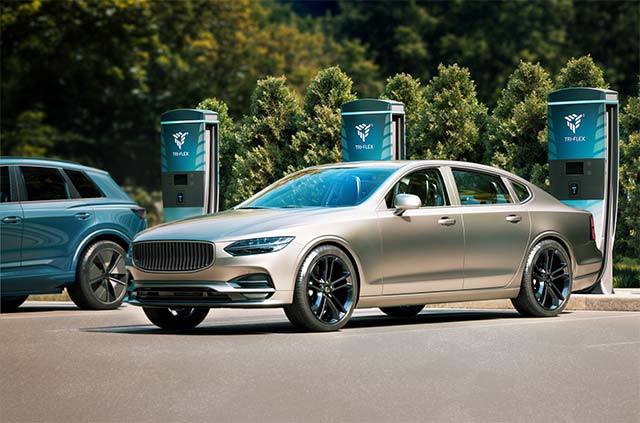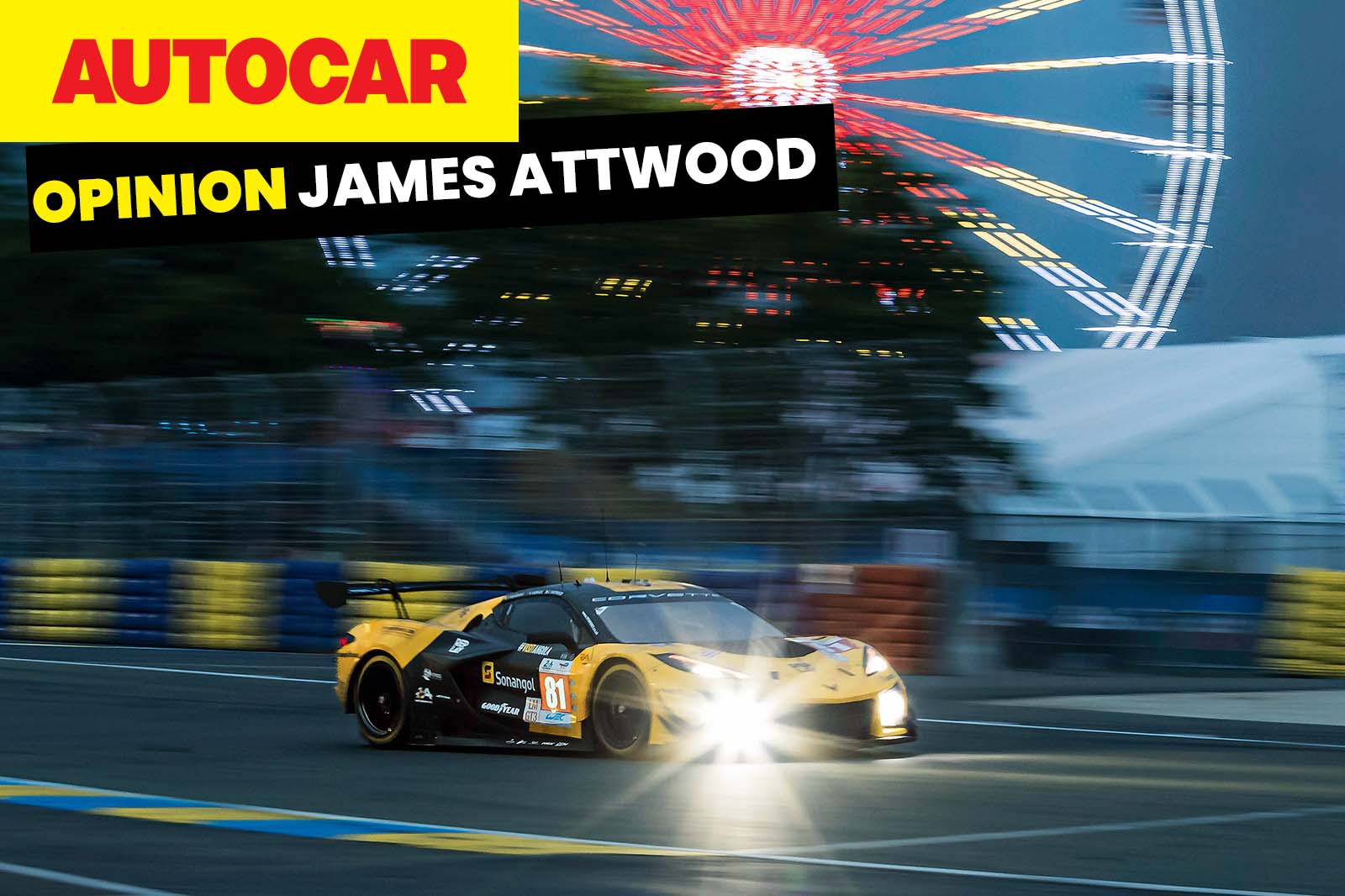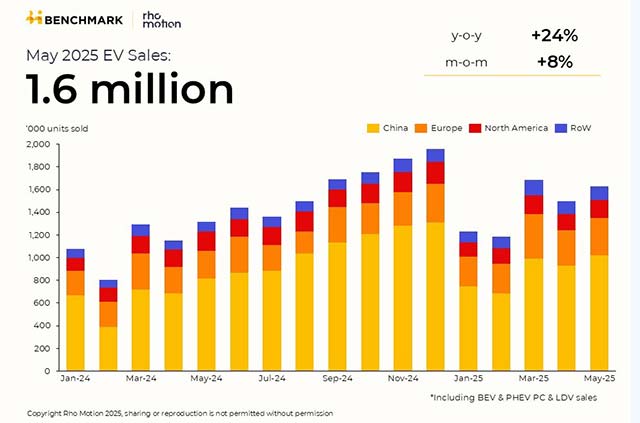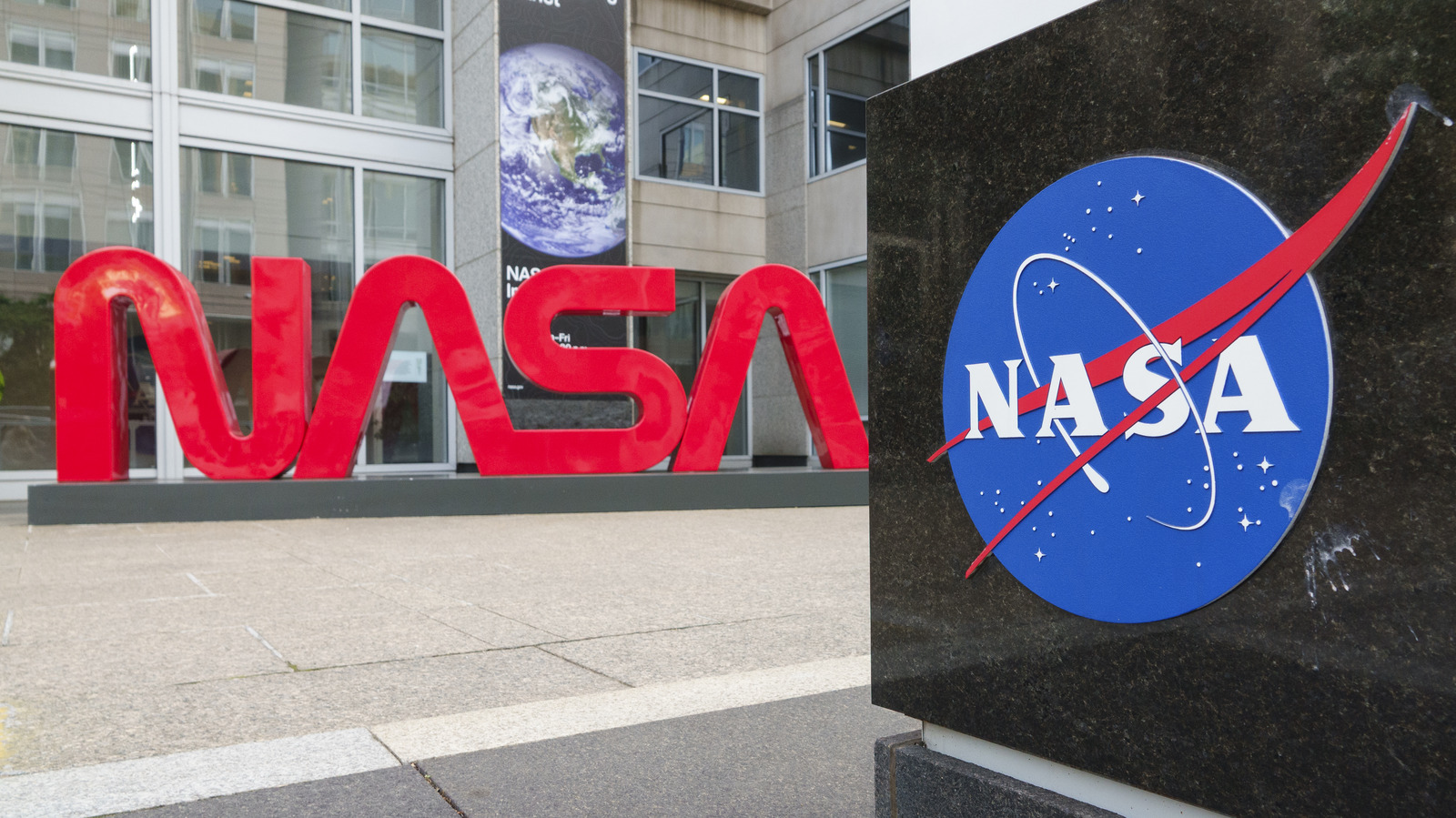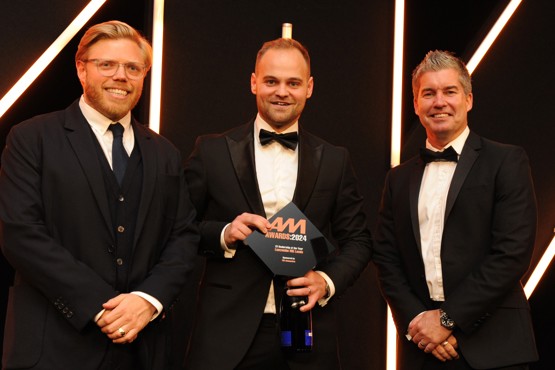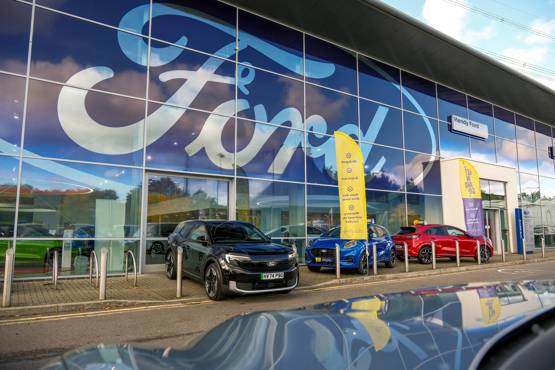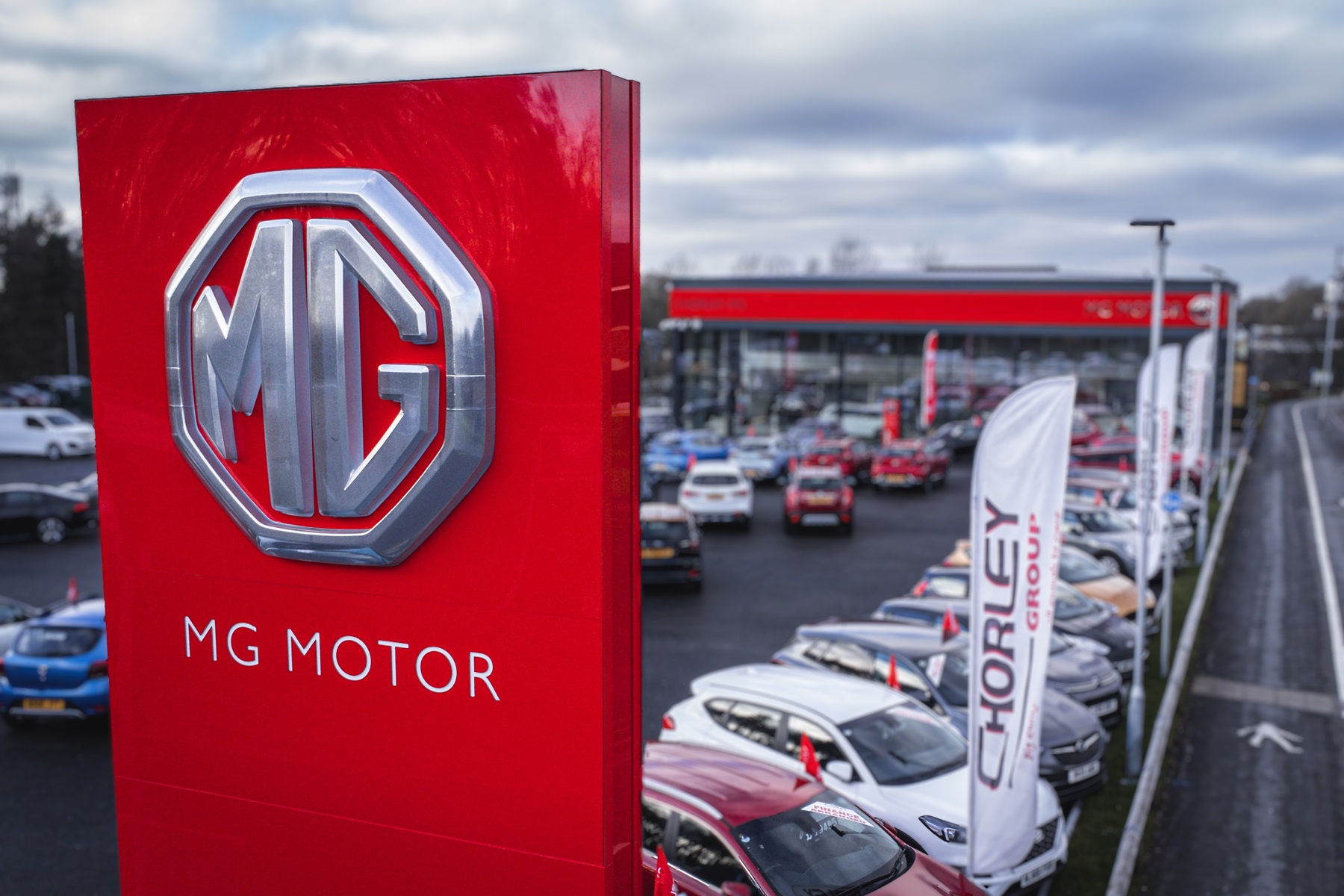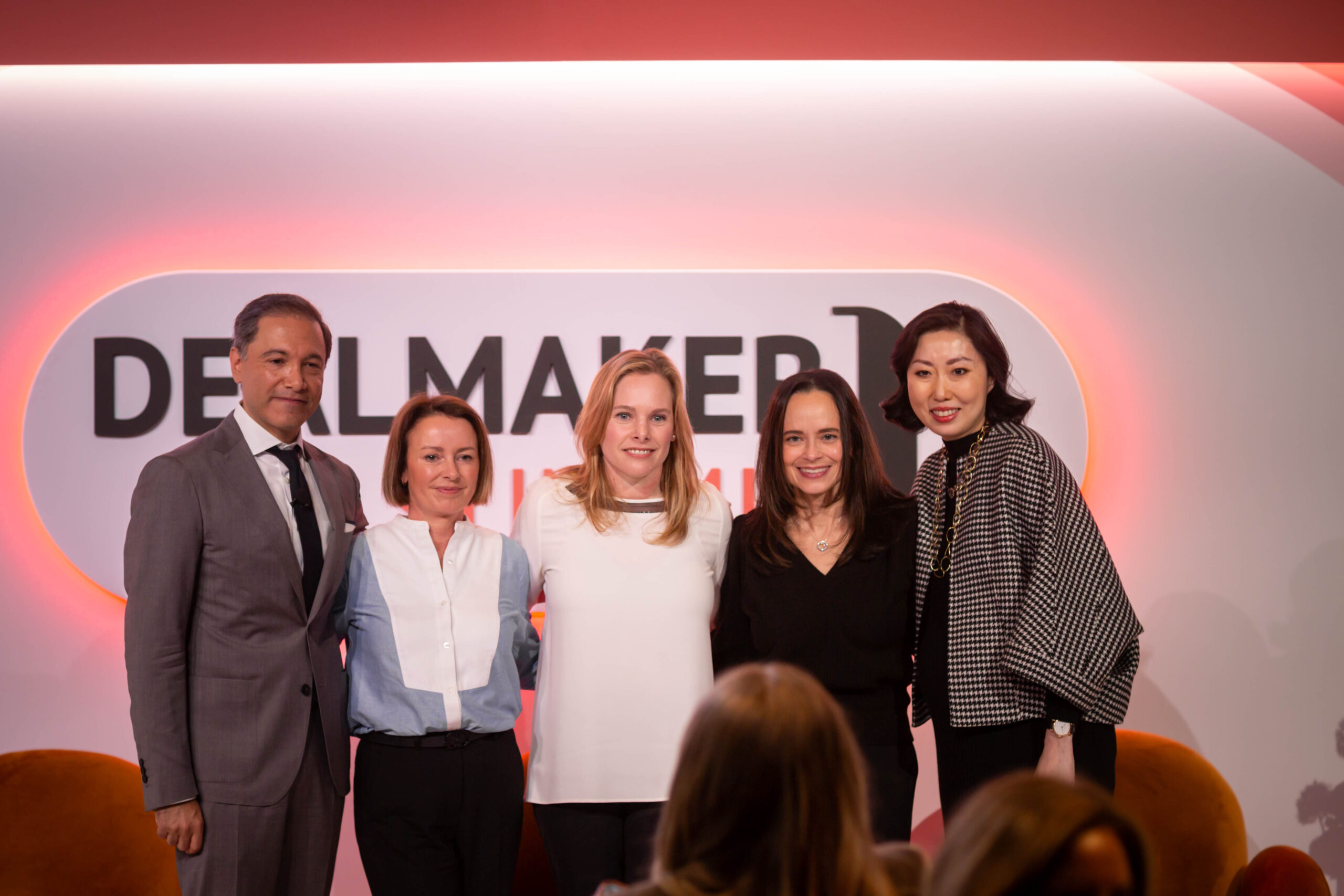What the drinks trade can learn from Rhode’s $1 billion playbook
Beauty and booze may seem worlds apart, but the US$1bn acquisition of Hailey Bieber’s Rhode brand offers sharp lessons for drinks marketers. From scarcity strategies to creator-led engagement, here’s what the sector should take note of. The post What the drinks trade can learn from Rhode’s $1 billion playbook appeared first on The Drinks Business.

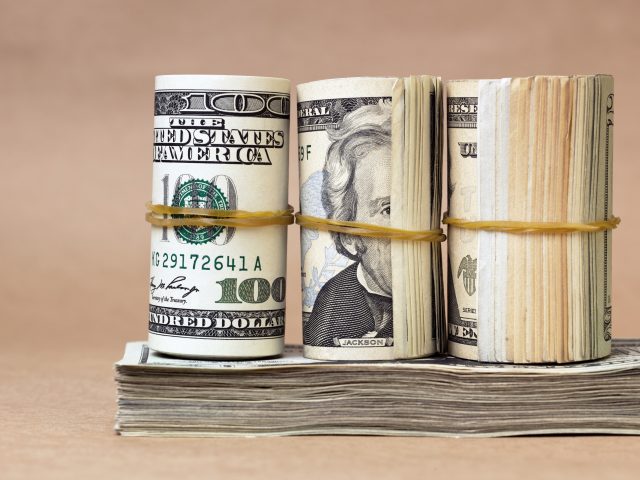
When e.l.f. Beauty acquired Hailey Bieber’s skincare brand Rhode in a deal worth up to $1 billion two weeks ago, it raised more than just eyebrows across the beauty industry. The two-year-old company’s meteoric rise offers valuable insight for any brand operating in a crowded, fast-moving consumer market - drinks included.
While Bieber’s celebrity undoubtedly helped generate initial interest, Rhode’s success was underpinned by a clear and replicable strategy built on four key pillars: creator-led marketing, controlled scarcity, real-time data insights, and authentic community building. Together, they form a playbook that brands of all stripes - especially those in the drinks sector - would do well to study.
Trust, rented by the post
Rather than pouring budget into traditional advertising, Rhode invested in people. Influencer-driven campaigns outperformed branded messaging, reflecting the reality that 69% of shoppers trust recommendations from influencers over a brand’s own narrative. The average return on influencer spend sits at $5.78 for every dollar invested, with top-performing campaigns returning over $18. On TikTok, where Rhode built its primary presence, the average engagement rate reached 2.18%, significantly outpacing Instagram.
Importantly, Rhode didn’t rely on just one high-profile figure. While Bieber served as a powerful megaphone, a pyramid of micro- and nano-creators sustained momentum between product drops, delivering scalable trust rather than expensive reach.
Scarcity as strategy
Scarcity has long been a familiar tactic in luxury drinks, but Rhode’s application is particularly instructive. Every product drop was deliberately limited, launched with set times, and supported by visible waitlists and real-time inventory meters. This approach reframed availability as a badge of status rather than a sales hurdle - much like a sought-after vintage or a limited barrel release.
Consumers responded accordingly. Deloitte linked a 156% year-on-year increase in TikTok Shop transactions in late 2024 to the appeal of viral sell-out stories. And a major US retailer found that 30% of customers paid extra just for faster delivery - proof that urgency can drive premium behaviour.
Own the data, control the narrative
Rhode’s decision to avoid third-party retailers like Sephora in favour of a direct-to-consumer model allowed it to retain control over its customer data. Using Shopify and Klaviyo, the brand gathered real-time insights, enabling it to personalise marketing, anticipate demand, and plan restocks with precision.
For drinks brands looking to build DTC channels or loyalty ecosystems, this approach offers a clear advantage. As retail shifts increasingly towards personalisation, first-party data becomes not just useful - but essential.
Community as competitive moat
Perhaps the most powerful element of Rhode’s model is its ability to turn customers into collaborators. Through TikTok Lives, Discord groups, Instagram close-friends stories, and user-generated content, the brand fostered a participatory ecosystem. Shade names were crowd-sourced, early testers were invited to shape formulations, and content was reposted as quickly as it was made.
This community-first mindset is especially relevant for the drinks trade, where brand loyalty can hinge on perceived authenticity and inclusion. As Gen Z’s spending power nears $13 trillion, and 62% of that generation opens TikTok daily, the case for two-way communication over one-way marketing has never been clearer.
A Playbook Worth Adopting
InboxArmy, the marketing platform that analysed Rhode’s success, summarised the key takeaways in four actionable points:
- Build a creator flywheel, not a one-off stunt.
- Program the sell-out through controlled drops and stock transparency.
- Guard first-party data to fuel future personalisation and growth.
- Make belonging part of the product, by inviting participation and rewarding loyalty.
Final sip
Rhode’s billion-dollar valuation wasn’t a fluke of fame - it was the result of modern retail discipline. For drinks businesses navigating shifting consumer habits, fragmented media channels, and increased competition, the message is clear: rent trust, ration supply, own your data, and elevate your community.
The tactics may have been perfected in beauty, but their relevance is industry-agnostic. In fact, for a sector where provenance, perception and passion already drive purchasing, the potential for replication could be even greater.








